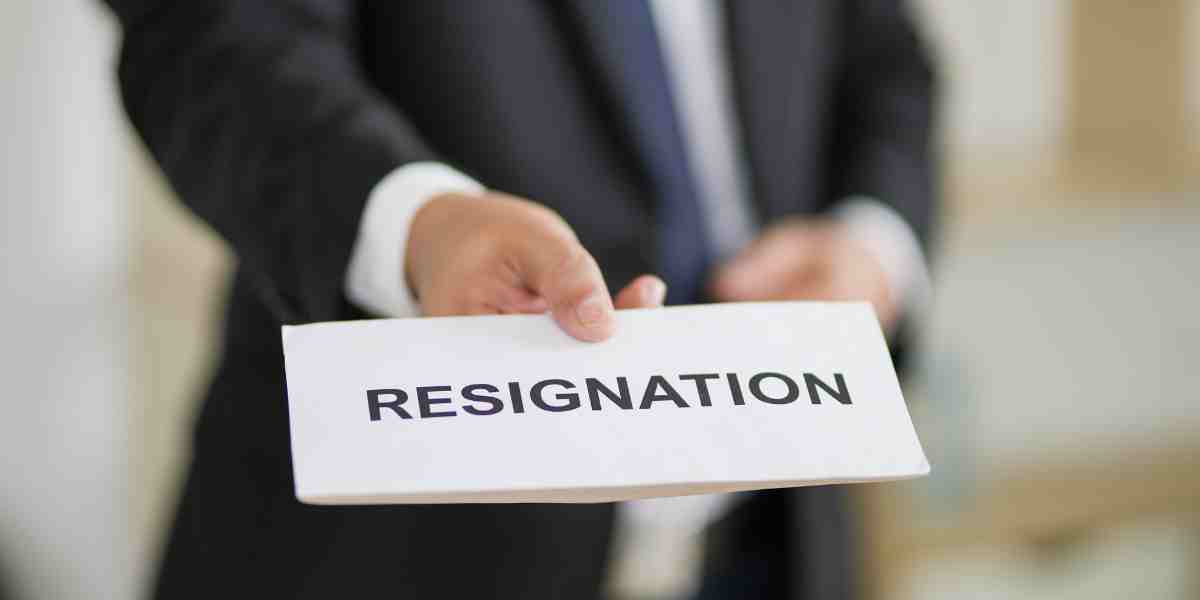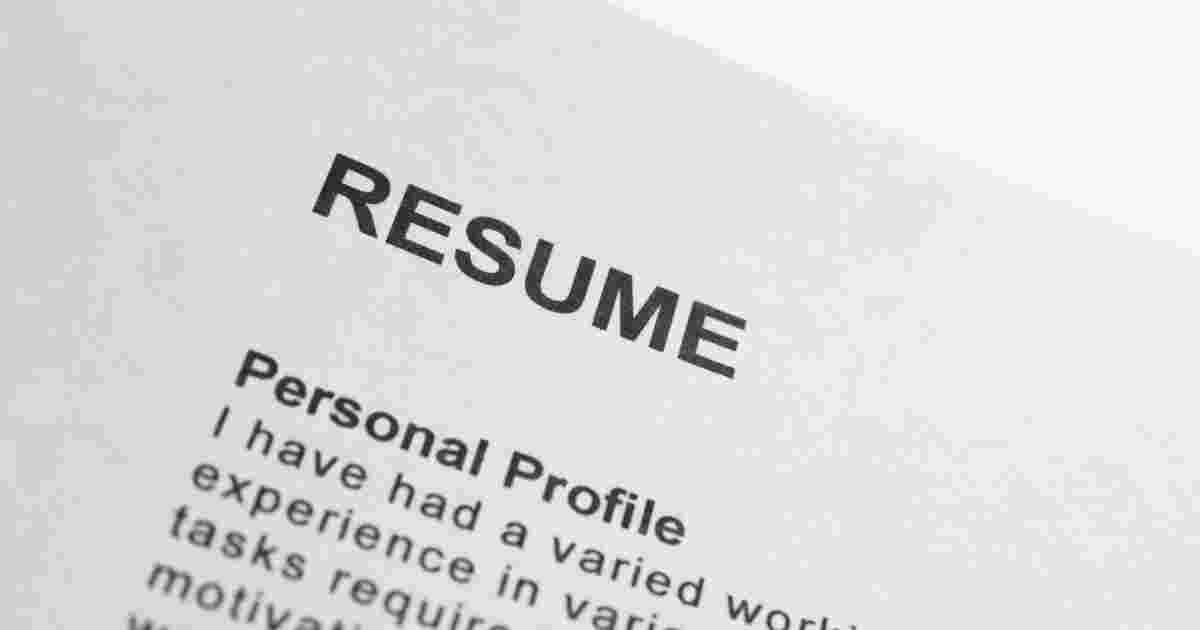You are not alone if you have ever found yourself puzzled while writing a resignation letter. Despite their years of experience, most professionals feel uncertain about how to write this important document. While it might seem easy, finding the right words while leaving an organization and maintaining professionalism, clarity, and respect is a witty task. After all, it is your last formal interaction with your employer. Also, it is the last chance to leave a lasting impression.
If you want to know what makes the process even more challenging, it is to balance honesty with tact. No matter if you want to keep it brief and to the point or if you want to give a more detailed explanation, it is all about expressing your gratitude while being very clear about your intent to leave. And all these factors make this simple task an overwhelming experience.
Well, if you are reading this blog, you are stuck in the process of writing your resignation letter. This blog will help you explore the key steps to writing one that will leave no room for confusion. From crafting the perfect subject line to framing your reasons for leaving; we will help you throughout the process and ensure that your resignation letter is both graceful and effective.
What Are the Inclusions of a Resignation Letter?
Before you start crafting a resignation letter, you must know what to include. A well-structured resignation letter informs your employer that you are leaving formally and serves as a professional document that ensures a smooth transition. Remember, a good resignation letter translates to a positive relationship with your employer even after you move on. So, let us now take you through the essentials of a resignation letter.
Subject Line
Your resignation letter needs to have a subject line. The subject line must be concise and direct, such as “Resignation-Your Name.” The purpose of such a crisp subject line is to make your e-mail easily identifiable, or in the case of a hard copy, it is predictable.
Greeting
A formal greeting is an absolute necessity in your resignation letter. You need to address the letter to your immediate supervisor or HR manager (depending on your company’s protocol). To maintain professionalism, you can use formal salutations like Dear- The position/The name of the person (if your company believes in addressing by names).
Statement Of Resignation
Instead of speaking in a roundabout, you can clearly state your intention to resign. Be straightforward and use language like “I'm writing this letter to make you formally aware of my intent to resign from my position as “Your Job Title” at “Company Name.” You can also include the effective date of your resignation, which is mostly 30 days after the date of submission. If your company has a different protocol for the notice period, mention the date accordingly.
Reason Of Resignation
While you don't owe an explanation, you must mention one reason in your resignation letter. But remember that the reason for resignation must be written professionally. You might also mention personal reasons like ‘the pursuit of new opportunities’ or ‘career advancement.’ However, always avoid writing anything negative about your current designation, company, or colleagues.
Gratitude
Remember that whether your experience working in your current organization is pleasant or not, you always must express appreciation for the opportunities you have received during your time with the organization. Therefore, it is also necessary to write a simple statement to thank your employer for the skills, experience, or mentorship they have given you to leave a positive impression.
Offering Assistance For Knowledge Transfer
Though it is an absolute necessity in every organization to transfer knowledge during the transition process, it is always better to mention it in your resignation letter to maintain goodwill. You can also mention that you will train your replacement to ensure that all the tasks you were handling are properly handed over. This will show a commitment to professionalism during your final days.
Closing And Signature
Now, finally, when you have reached the climax of your resignation letter, you can end it respectfully, such as “sincerely” or “best regards” followed by your name. If you are submitting a hard copy, leave some space for your signature. And in e-mail mentioning your name will be enough.
What Are the Exclusions of a Resignation Letter?
By now, we have mentioned how to craft a resignation letter by including the necessary elements. But we also want you to know that several things should be avoided to ensure that you leave a positive and professional note while leaving your current organization. Here is a list of what you must not include in your resignation letter.
Negative Comments
As we mentioned earlier, you should not mention anything negative about your company, colleagues, or boss in your resignation letter. While it is quite possible that you have grievances, and it is tempting to air them, you should not consider your resignation letter to be a place to vent your frustrations.
Excessive Detail About the Reason for Leaving
It is alright to mention why you are leaving- whether it is for personal reasons or career growth, don't go into much detail about the reason for your resignation. For instance, don't share any bad experiences or provide any lengthy explanation. A simple and professional reason works best.
Emotional Language
We are saying again and again that your resignation letter must be formal and professional. Therefore, it is obvious to avoid emotional language or impulsive remarks. Even though you are resigning because of a bad situation, you need to keep that one respectful.
Ultimatums Or Threats
You cannot write any statement that sounds like an ultimatum or threat to your employer. Therefore, refrain from using statements like “If my demands are not fulfilled, I will leave.” Remember that you cannot resubmit your resignation. Therefore, make sure that you are making the right decision before sending it to your employer. Any statement that sounds like a threat can backfire or sabotage your professional image.
Bragging About A New Job
Though it is completely fine to mention that you are opting for a new opportunity, don't sound boastful or overly enthusiastic about your new job. Focus on your current employer and do not brag about your new position or hire salary that might sound arrogant or disrespectful.
Personal Grievances
Do not mention any personal issue or conflict with your management or colleagues. The resignation letter is the wrong forum to settle any dispute. Keep it strictly formal and professional and focus on your future and not on past grievances.
Unnecessary Apologies
Be polite in your resignation letter. But don't go overboard with apologies for resigning. When you become overly apologetic, it can make your resignation seem unprofessional or less confident.
A Few Samples of a Perfect Resignation Letter
Here, we have a few samples of well-crafted resignation letters. Each one of them is suited for different situations while maintaining clarity and professionalism.
Simple And Professional Resignation Letter
Subject: Resignation-Your Full Name
Dear Manager/Name,
I'm writing this letter/e-mail to formally inform you that I want to resign from my position as [your designation] at [organization name], effective [last working day typically 30 days from the date of the letter].
I'm grateful for the growth opportunities and development I have experienced in this company. It has been a great pleasure working with such talented colleagues, and I truly appreciate the support and guidance I have received from you.
Please let me know how I can assist with the transition process to ensure a smooth knowledge transfer.
Thank you once again for the opportunity to contribute to [organization name]. I wish you and the organization continued success in the future.
Sincerely
Your full name
Resignation Letter When You Are Leaving For Personal Reasons
Subject: Resignation-Your Full Name
Dear Manager/Name,
I am writing to inform you that I have decided to resign from my position as [your designation] at [name of organization], effective [last working day].
After much contemplation, I have decided to resign for personal reasons. This decision was not at all easy, but I believe it is the best course of action for my well-being and family at this moment.
I'm grateful to the organization for the opportunities and support I have received during my time, and I will do my best to ensure a smooth transition over the coming weeks.
Thank you for understanding, and I wish the organization continued success in the future.
Best regards,
Your full name
Resignation Letter Due To Career Advancement
Subject: Resignation-Your Full Name
Dear Manager/Name,
I'm writing to formally submit my resignation from the position of [your designation] at [name of organization], effective [last working day].
After much reflection, I have decided to opt for an opportunity that aligns more closely with my career goals. I'm incredibly thankful for the mentorship and opportunities provided to me during my tenure in this organization, and I am confident that my experience here has prepared me well for the next chapter.
I'm committed to making the transition process as smooth as possible, and I will be happy to assist with training and replacement or handling my duties.
Thank you for understanding, and I wish the organization continued growth and success.
Sincerely
Your full name
Conclusion
Resignation letters may seem a daunting task in the beginning, but with a clear understanding of the essential elements, the process becomes straightforward. If you are resigning for better opportunities, you must take the help of a professional resume writing service for the best resume. Alongside, you can seek professional help to write your resignation letter so that the document looks professional, concise, and respectful.
Your resignation is your final formal communication with your employer, and a well-crafted letter will foster a good relationship with the company.
Hope this blog helped you to approach the task with confidence. Remember, how you leave your organization is as important as how you start. Therefore, your resignation letter must set a tone of positivity.






Comments (0 )